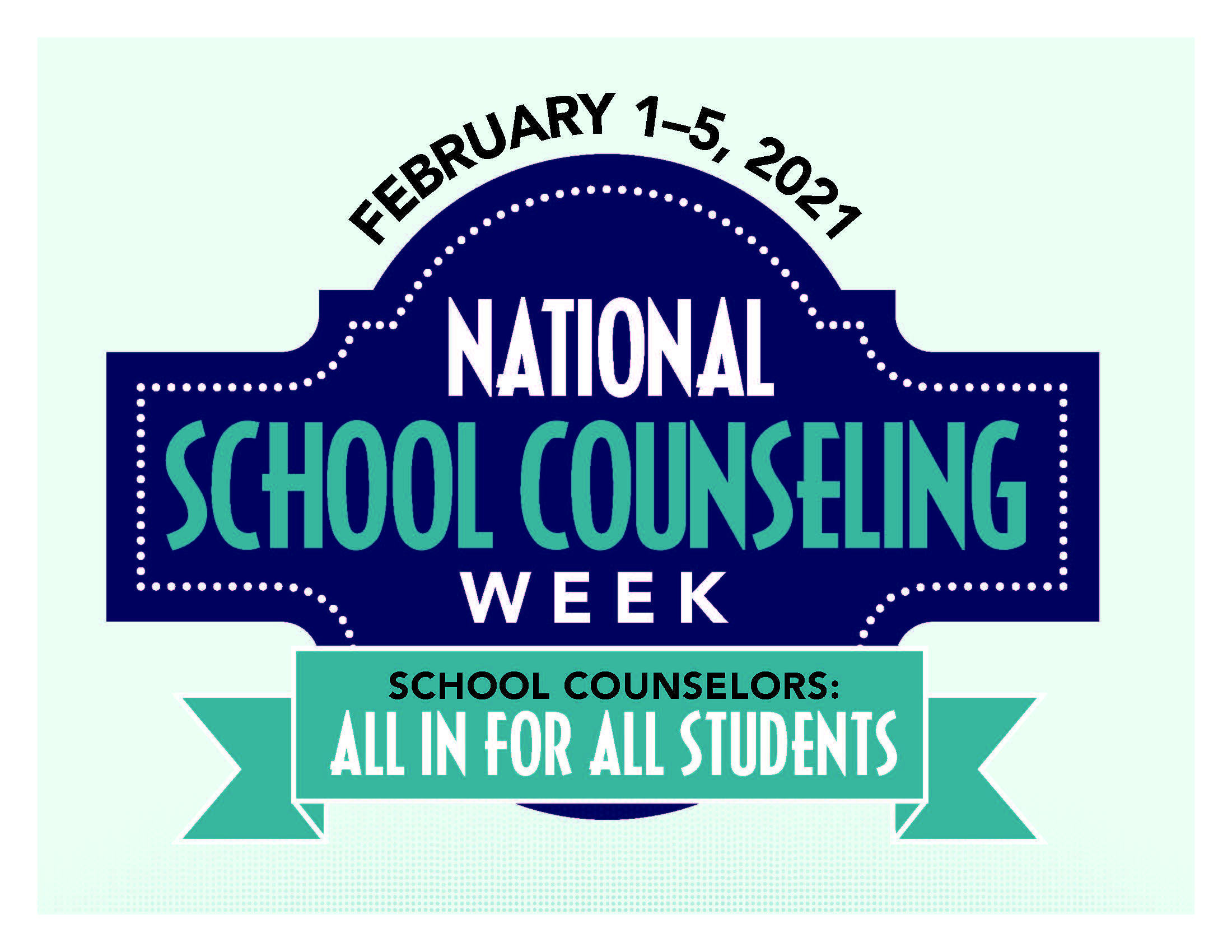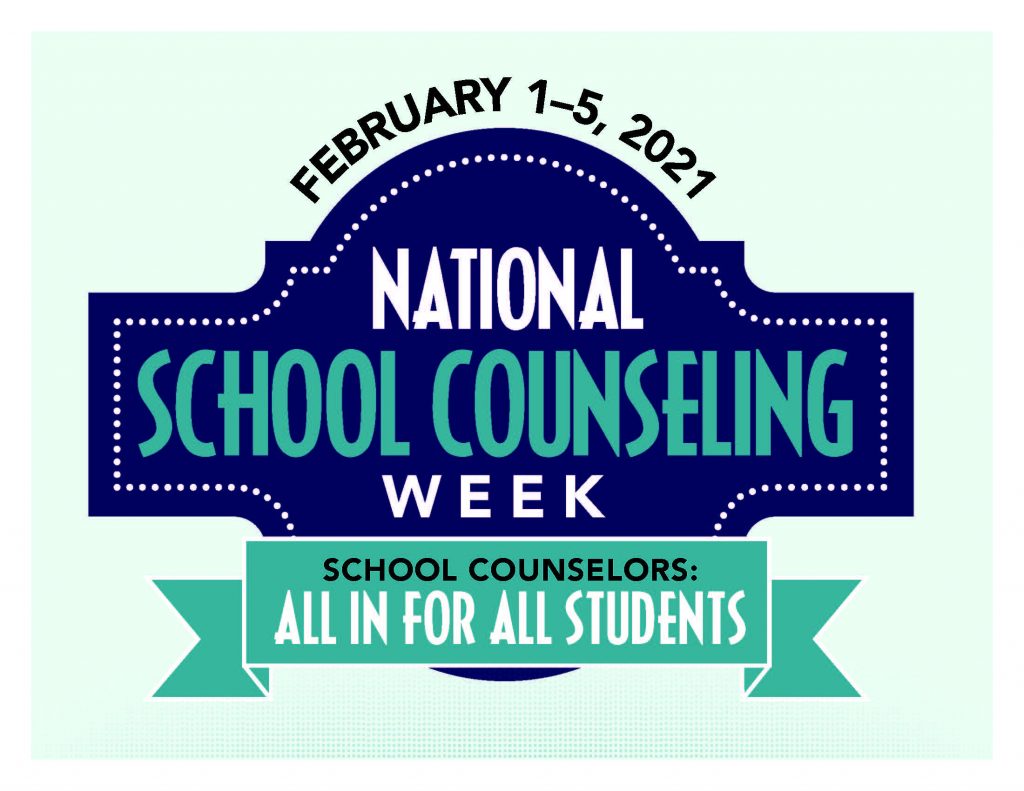

Careers in the energy industry relate to extracting or harnessing power from a variety of sources, refining it and distributing it, and ensuring it’s safe to use by consumers. The energy sector includes:
- Non-renewable sources such as oil and natural gas, nuclear, and coal. Oil and natural gas account for nearly 60% of current energy production.
- Renewable energy sources including solar, wind, hydroelectric, and biomass.
As demand for energy continuously increases, experts predict that more of the industry will shift to “green” energy in the coming decades, and technology advances will make renewables more cost effective.
Quick facts about the Energy industry and cluster:
- Utilities, mining, oil and gas jobs account for a large share. Jobs in mining, quarrying, and oil and gas extraction account for more than 600,000 energy-related jobs, while the utilities side of the industry accounts for over 500,000 jobs.
- High growth in renewable energy. Renewable energy is estimated to grow to as much as 80% of total energy production by 2050.
- Solar and wind energy job openings are increasing rapidly. Job openings for solar photovoltaic installers and wind turbine service technicians are expected to double in the next decade.
- Energy distribution is a key aspect. Jobs as power distributors and dispatchers or electrical power-line installers and repairers are essential to powering cities, commercial buildings, and homes. Power-line installers are projected to grow by over 10,000 jobs in the next several years.
- Most jobs are in the private sector. While public utilities employ thousands of energy workers, private companies employ the vast majority throughout the country.
Would a career in the energy industry be a good fit for me?
Are you an effective time manager? That’s helpful for the project-oriented work typical of the industry. How are your critical thinking skills? They are important when on-site troubleshooting is needed. Mechanical and mathematical skills are also key in many roles. Here are some other points to keep in mind:
- Long hours are common and the work can be physically demanding and require safety gear and precautions.
- Many workers are exposed to extreme weather conditions.
- In the oil and gas sector, job sites may be at off-shore drilling rigs but most jobs are located in western states, chiefly Texas, Colorado, Utah, and North Dakota.
- Renewable energy sector growth offers opportunities for entrepreneurs and inventors to create new products and services.
- Cybersecurity positions will become increasingly important to protect the power grid.
What are some careers in Energy?
From extracting oil and harnessing the wind, to supervising a power plant or maintaining power lines, there are many career options in the energy industry.
Careers that generally require a high school diploma, or have no formal education requirements:
- Roustabouts
- Wellhead pumpers
- Riggers
- Solar thermal installers
- Power plant operators
- Explosives workers
- Geothermal technicians
Careers that generally require a certificate or associate’s degree:
- Wind turbine service technicians
- Industrial machinery mechanics
- Electrical power-line installers and repairers
Apprenticeships may be available for several energy occupations, including:
- Powerhouse electricians
- Gas utility workers
- Line maintenance workers
- Refinery operators
- Substation operators
Curious to learn more? See videos about careers in energy and other career clusters, or check out Occupation Profiles for careers in this industry.











